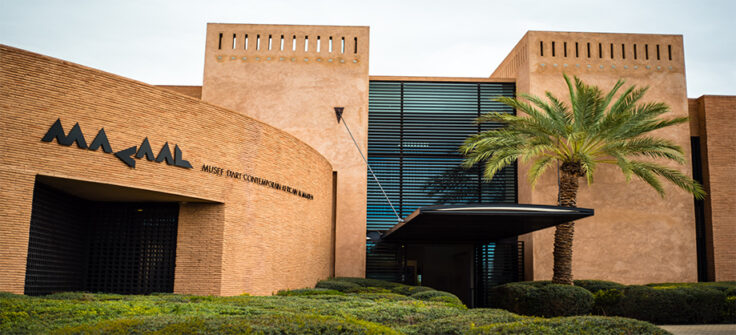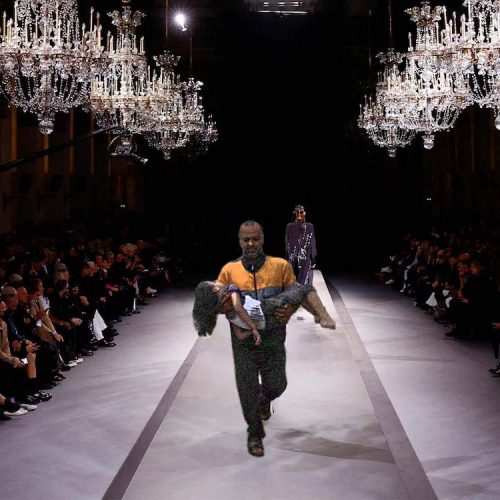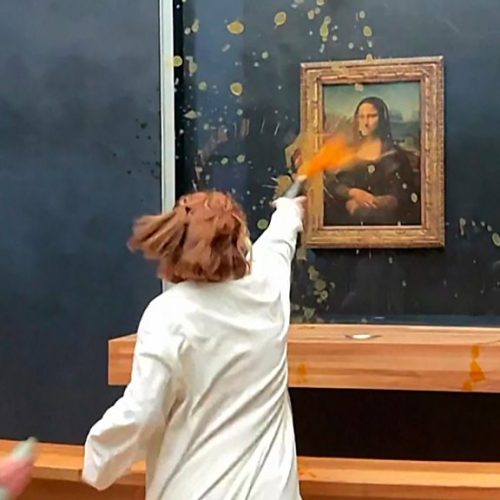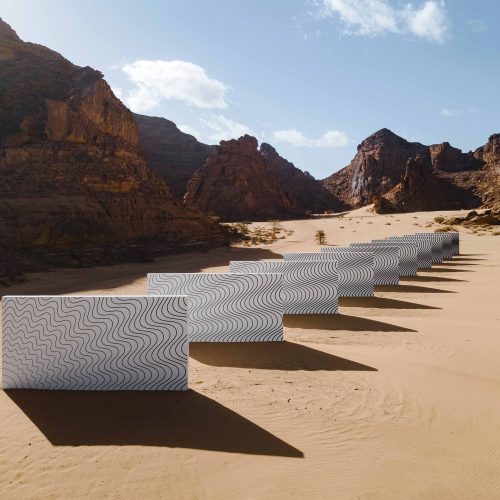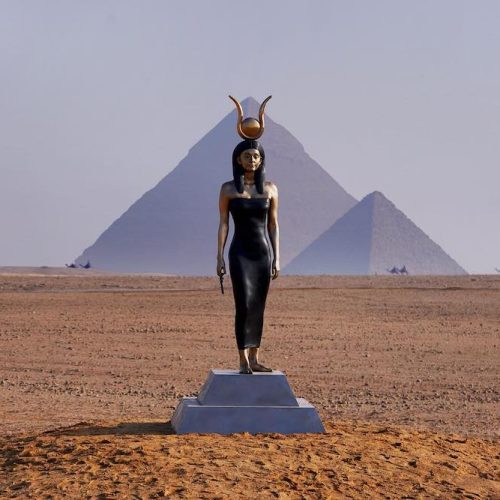Morocco—and Marrakesh specifically—has long-been considered a central hub for artisans and desert traders from across Africa to meet and trade goods. But contemporary art? Not so much… until last week.
February 24th marked the highly anticipated international opening of the Museum of African Contemporary Art Al Maaden (MACAAL), a 900-square-metre contemporary art labyrinth, and the first non-profit institution of its kind in North Africa.
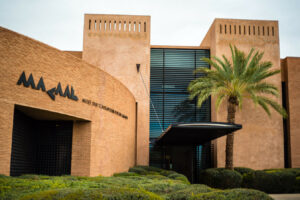
“The most important thing is to bring accessible art to everyone.” Proudly stated Othman Lazraq, the museum’s president, during the press preview of the sprawling (but surprisingly intimate) space. MACAAL’s collection is comprised of works collected by Othman’s father, Moroccan real estate developer and art collector Alami Lazraq, “He’s been collecting for over 40 years,” says Othman before emphasising that the more contemporary works such as video, installation and photography are his input as an emerging collector himself.
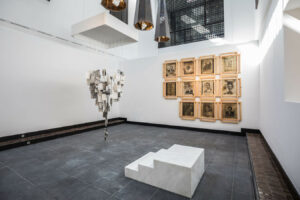
Following the announcement of the cancellation of the seventh Marrakesh Biennale, everyone waited with baited breath to see what would slip in and take its place – in came the inaugural Marrakesh edition of 1-54 Contemporary African Art Fair. The travelling art fair, which started in London and has since planted roots in New York and now Marrakesh, opened the doors to their temporary home at La Mamounia hotel the day before MACAAL’s international launch – a timely and well-planned strategy that made the red city feel like a much more relaxed (but inherently buzzy) micro-Art Basel.
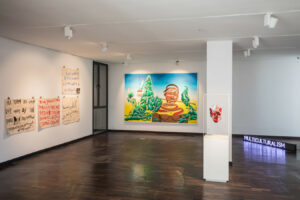
But the significance of institutions like MACAAL and art fairs like 1-54 rise far above the art world milieu. The sheer notion of bringing together artists from across the continent and enabling them to collaborate is revolutionary in itself. “African artists often meet each other in Paris, Berlin, London or New York– very rarely, if ever do they connect on the continent itself even though they’re so close geographically,” says Othman. “Even on a practical level, it’s cheaper to fly from Africa to Europe and back in than it is to fly between countries on the continent. We want to destroy the boundaries between the countries and bring a touch of light and hope in the messages we’re spreading – Africa needs it. Morocco needs it.”
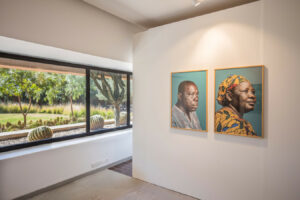
With the architecture of MACAAL mimicking the maze-like, narrow nooks and obscured spaces of the winding medina (accompanied by a sound installation by Italian artist Anna Raimondo, which emulates the everyday noises of Marrakesh) the museum—which seemingly blends in to the surrounding geography of the city—is divided in to two exhibition spaces.
The ground floor is home to an incredible portrayal of African life entitled Africa Is No Island – a photography-focused exhibition displaying the works of 40 emerging and established photographers from across the continent. Whilst the top floor houses a fraction of the family’s 2,000-strong permanent collection, offering guests the opportunity to get an expertly curated glimpse of installation, painterly and sculpture works that include a stand-out immersive installation entitled Un diner en ville, 2018 by Zbel Manifesto collective, whereby a womb-like dining room is lined and stacked from floor to ceiling with everyday trash from across Africa, giving a stark look at the reality of waste and environmental issues on the continent (accompanied by Maria Callas’ eerie vocals).
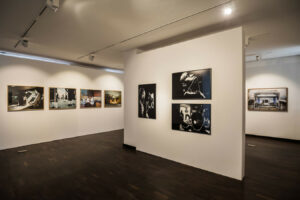
“I want to give a space back to the people that’s neutral. We have commercial and elitist spaces [in Morocco] but we’ve purposefully made our museum free and provided a free shuttle to the space from the town,” says Othman, before explaining that local taxi drivers were some of the first people to get a glimpse of the new space – a grassroots initiative the family have taken to connect to the wider community. “Every Friday we share couscous with different locals from the area so that we can bring people who wouldn’t normally have access to the culture, to the culture.”





